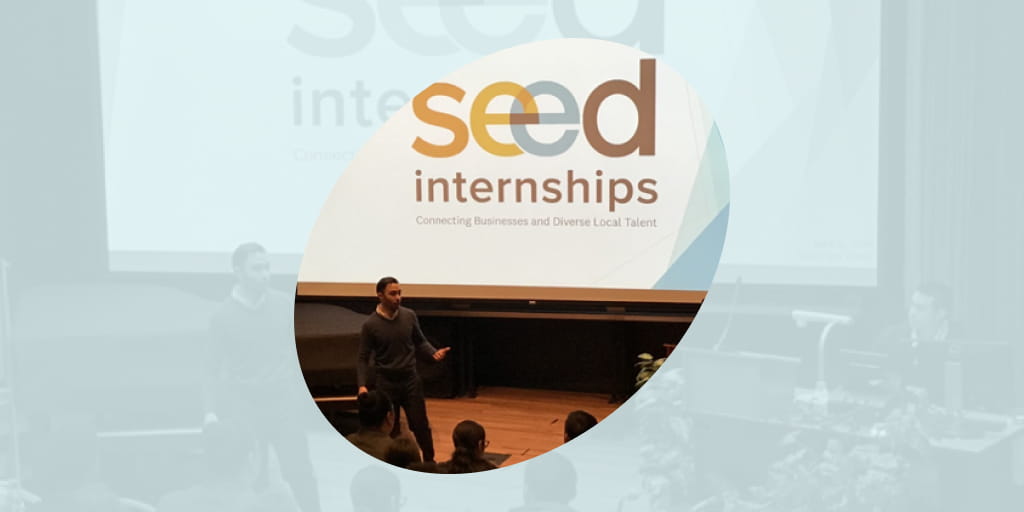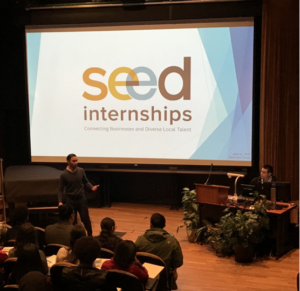story
Jane’s Fellowship Program: Where Are They Now

In 2004, The Russell Family Foundation (TRFF) launched Jane’s Fellowship Program (JFP) to support the leadership development and capacity-building of grassroots leaders in Pierce County. The JFP Graduate Network consists of 87 fellows from 8 classes that have participated in the program, and class 9 is underway. JFP engages leaders who are interested in expanding their skills, broadening their networks and exchanging perspectives with other local leaders. Recently TRFF caught up with a few JFP graduates to highlight the diverse group of leaders who have been through the program and where their journey has taken them post-fellowship.
–
This interview has been edited for clarity.
Andrew Whitney, Class 7 (2017 – 2018)

What city do you live in?
Puyallup, WA
What community work are you invested in right now and what are its intended impacts?
I am the founding director of Seed Internships based in Tacoma, WA. Seed’s goal is to become the go-to platform for college students seeking an internship in their home community and for local employers to find local diverse candidates to fill early career opportunities. For students, the goal is to connect them with a professional summer internship and supplement that work experience with a tailored professional development curriculum to speed their transition from being a student to being a professional.
How has your community work evolved since you participated in the fellowship?
I was working in finance when I started the fellowship. From my JFP experience, I was able to find the cross-section of my interest in community work and the professional abilities I could bring to that work. I pivoted away from finance shortly after the fellowship concluded and launched Seed Internships. Upon reflection, I think JFP was my opportunity to experience how many ways there are to be in community work – and that diversity is important because there is so much work to be done. My efforts have thus become more complimentary, more open to collaboration, and more of a connector than a standalone solution.
What would you tell someone interested in applying for the fellowship?
Be wholly open to new and different ways of solving problems and learning. Be prepared to ask questions and listen but also to inject your knowledge when the moment comes. My experience with JFP was each session brought out a new opportunity for someone to speak from a position of direct experience, learned knowledge, or learn something completely new to them.
How would you describe your experience with JFP using 3 words?
Thorough. Challenging. Lively.